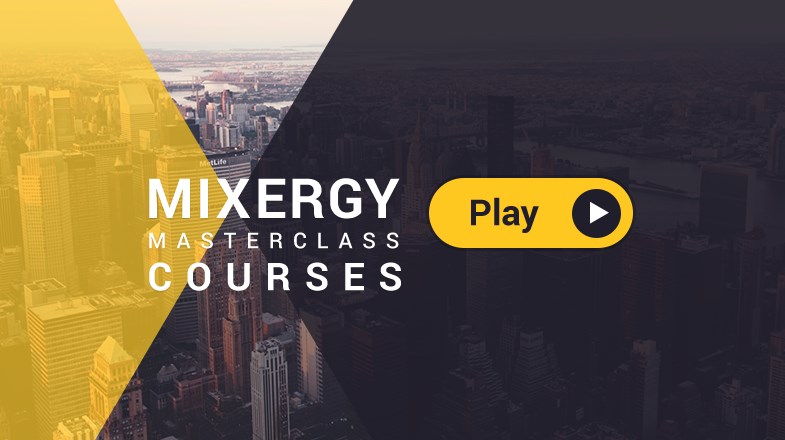How to close sales…

This guide is based on Mixergy’s course with Nick Holland.
Nick Holland knew that closing the deal is one of the toughest parts of the sales process, so he used a systematic strategy to win his small firm a quarter-million dollar deal with Adobe. It was all done by closing sales, so we invited him to teach you how to do it.
Nick is the founder of Centresource Interactive Agency.
Here are the actionable highlights from the course.
1. Ask about prospects’ businesses so you can learn what their needs are
Nick asked Andrew how he recruits customers and how he picks the best people to interview, and he inferred from the answers that Mixergy needs a way to help interviewees promote their interviews.
- Take Action:
- Ask prospects questions about their target market and their customers, or ask how they’re different from competing businesses.
2. Find pain and pleasure points so you can speak to prospects’ emotions
Nick says that some people hire his agency for the pleasure they get when the agency improves their marketing, and others hire his agency because they want to avoid the pain of failing at high-profile projects.
- Take Action:
- Based on their answers to your questions, think about whether your prospects could use your services to gain pleasure or avoid pain.
3. Ask prospects if they’re interested so you won’t waste time
Nick says that when Andrew talks to prospects, he could describe how Mixergy would give them information they need to start a business and say, “It sounds like we’re a good fit. What do you think?”
- Take Action:
- Briefly tell prospects how your business would meet their needs, give them pleasure, or help them avoid pain, and ask if they’re interested before going any further in the conversation.
4. Talk to all decision makers together so none of them will derail the deal later
If Andrew wanted to consult his producer, Nick would ask to meet with them together because otherwise the producer might find another company and convince Andrew to hire them instead.
- Take Action:
- Ask your prospect how he’ll make the decision to buy from you, and if he says he’ll consult with other people, meet with all of them as a group.
5. Minimize competitors’ strengths so you’ll look good in comparison
His competitor, Clearleft, was good at user experience, but Nick’s agency was good at user experience, offline networking, and analytics, so prospects concluded that his agency had many strengths while Clearleft had only one.
- Take Action:
- Name your competitor’s top strength, and say that your company has that strength plus others or that your company has different strengths that are more relevant to your prospect’s needs.
6. Bring up your price to make sure your prospect is willing to pay
Nick says, “we might be too expensive” and mentions his price, and if the prospect thinks the price is too high, he moves on to other prospects.
- Take Action:
- Tell prospects how much you charge and see how they react, or ask, “What’s in your budget?”
7. Ask for a timeline so you know when to submit a proposal
Nick asks for a timeline and if the prospect says the decision is more than a month away, he suggests they hold a follow-up meeting shortly before the prospect plans to make the decision.
- Take Action:
- Ask prospects when they’ll decide which company to hire, and if they give a date far in the future, schedule a meeting right before their decision date and wait until then to make your proposal.
Written by Sarah Brodsky, based on production notes by Jeremy Weisz
